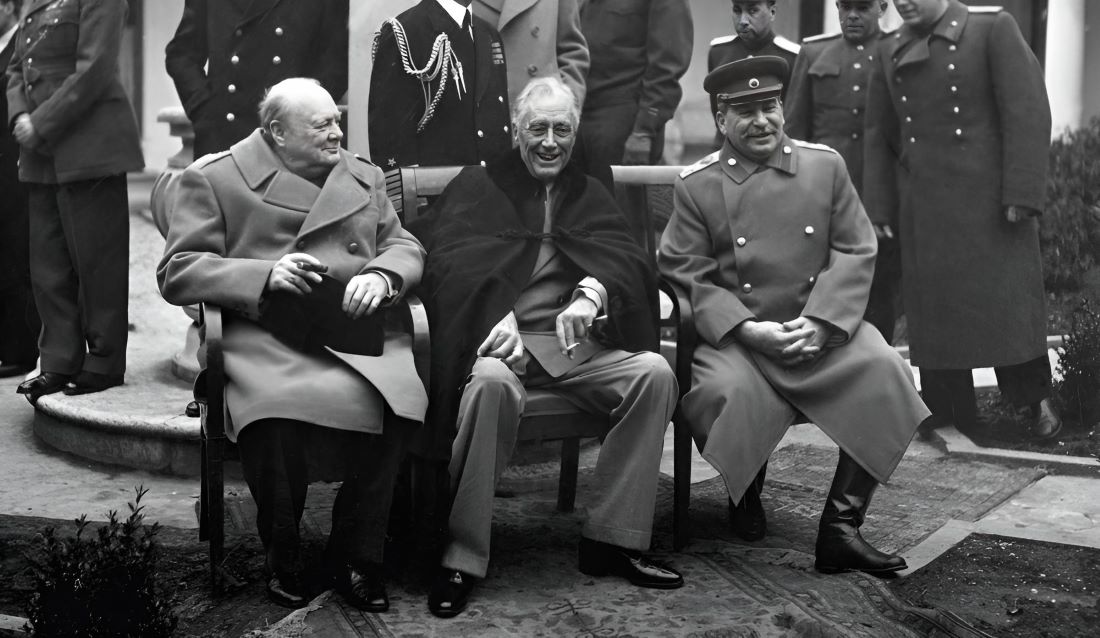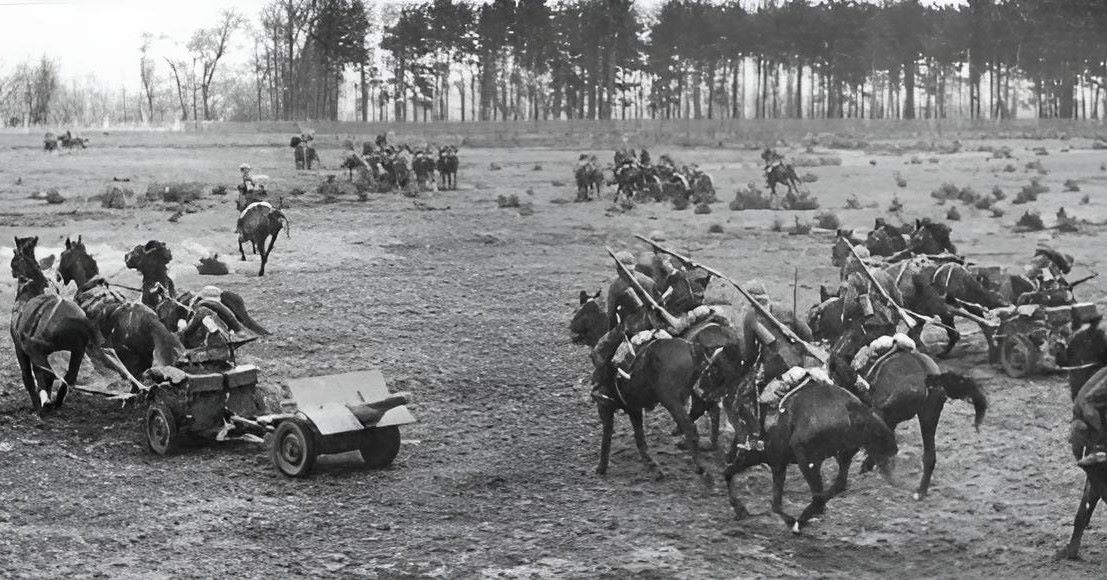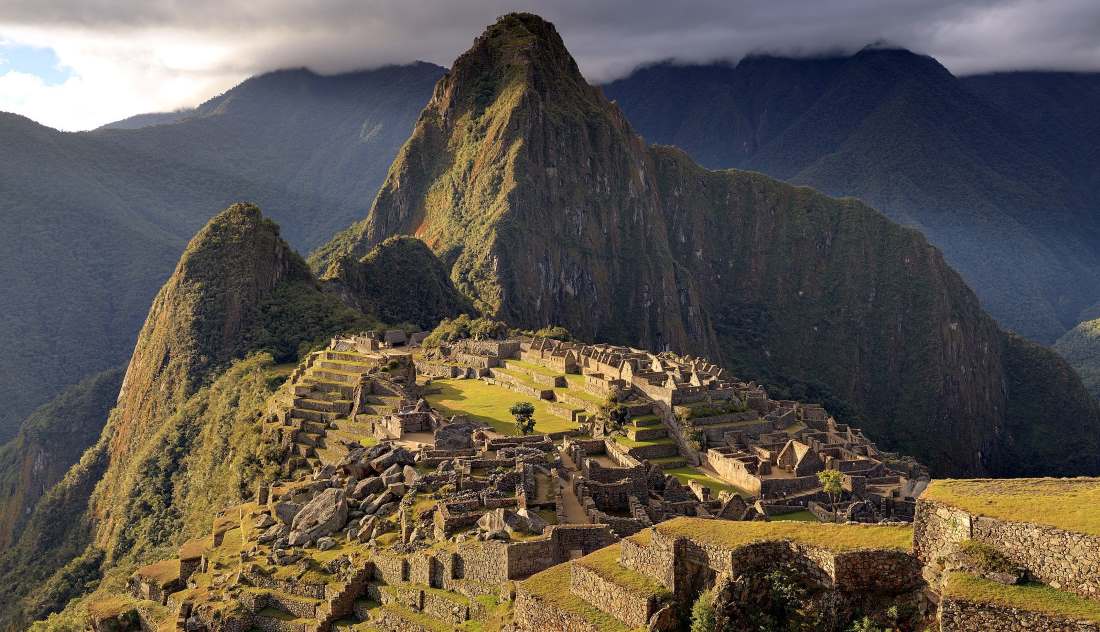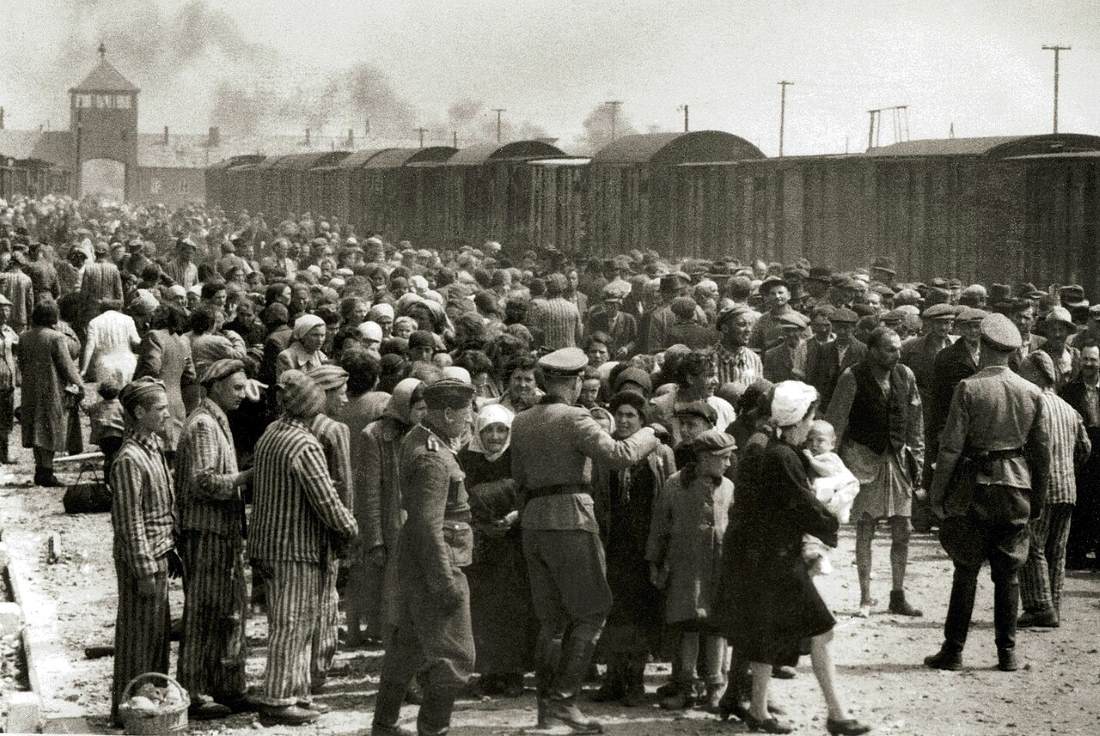
Bravery Beyond Battle: WWII’s Silent Heroes
Featured Image: Jews arriving at Auschwitz II in German-occupied Poland, May 1944. (Source: Wikipedia)World War II, one of the most cataclysmic events in human history, brought about unfathomable devastation and upheaval. As cities crumbled and societies were torn asunder, a unique breed of heroes emerged from the shadows. These individuals did not bear arms or command battalions; instead, they wielded courage, compassion, and unwavering determination. In the darkest corridors of war, they risked everything, often sacrificing their own safety and well-being, to save the lives of strangers. Their actions became beacons of hope amidst the chaos, and this is the tale of their bravery and selflessness.
Oskar Schindler
Oskar Schindler, a German industrialist and member of the Nazi party, stands as a paradoxical figure of World War II. While many of his contemporaries followed Hitler’s brutal regime, Schindler charted a different path. With great risk to himself, he utilized his enamelware and ammunition factories as a shield, saving around 1,200 Jewish lives from the horrors of concentration camps and extermination.
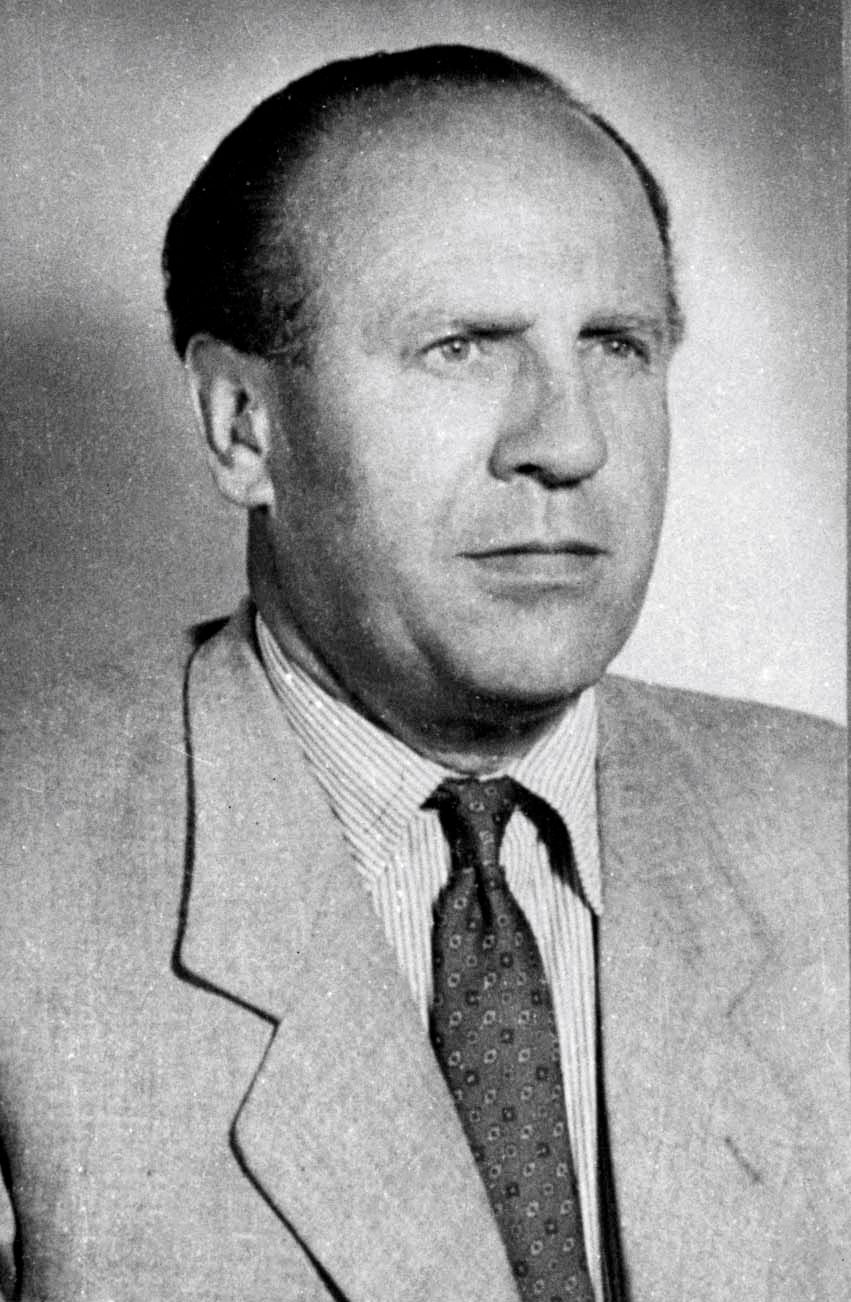
Schindler’s heroic endeavors gained widespread recognition thanks to Thomas Keneally’s book, “Schindler’s Ark,” and the subsequent film adaptation by Steven Spielberg, “Schindler’s List.” This Academy Award-winning film introduced millions to his tale, solidifying Schindler’s place not just as a hero of the war, but as one of the most recognized saviors of this tumultuous period.
Nicholas Winton
Nicholas Winton, often referred to as the “British Schindler,” was a young British stockbroker when he embarked on a remarkable rescue mission. As the dark clouds of World War II began to gather over Europe, Winton was moved by the plight of child refugees in Nazi-occupied Czechoslovakia. Acting with urgency and determination, he orchestrated the evacuation of 669 mostly Jewish children, bringing them to safety in Britain through what came to be known as the Kindertransport.
Historical Challenge: Can You Conquer the Past?
Test your knowledge of the past with our interactive history quiz! Can you answer all 20 questions?
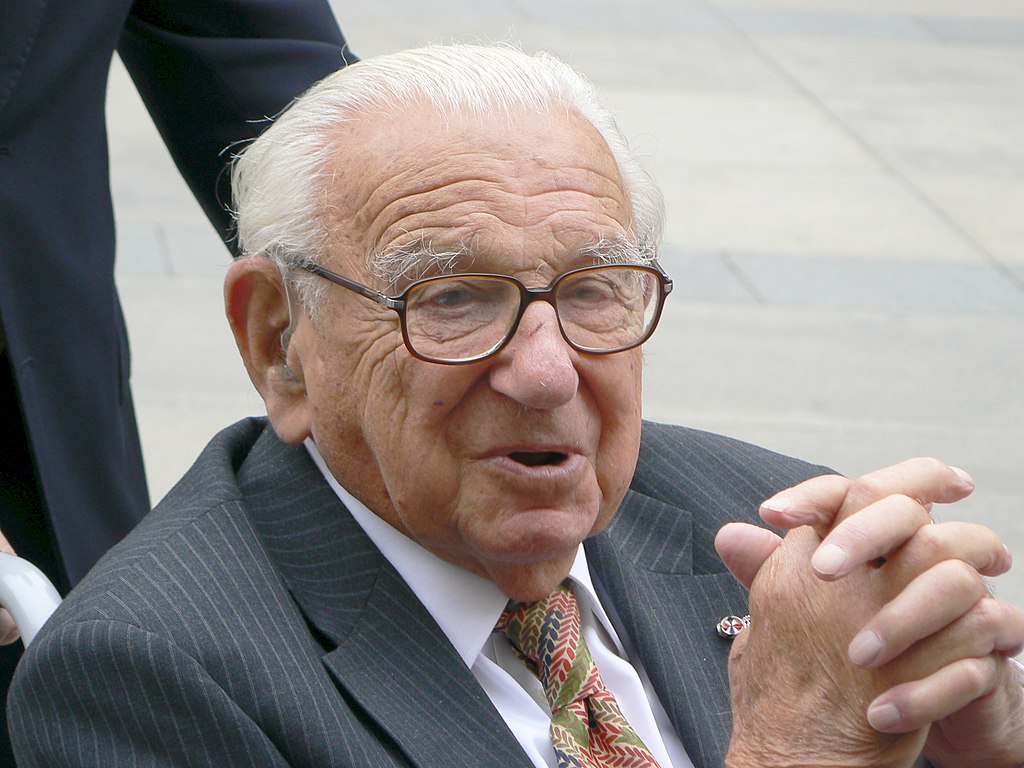
Though Winton’s life-saving actions went largely unrecognized for decades, a surprise revelation on a BBC television program in 1988 brought his story to the forefront. A tearful reunion with some of the very individuals he had saved became one of the most touching moments in television history. Today, Winton’s legacy stands as a testament to the indomitable spirit of one individual’s capacity to make a significant difference amidst overwhelming adversity.
Diana Budisavljević
Diana Budisavljević, an Austrian-born woman residing in Croatia, emerged as a beacon of hope during the turbulent times of World War II. Confronted with the Ustaša regime’s atrocities, particularly against Serbs, Diana embarked on an audacious humanitarian mission. She focused her efforts on rescuing over 10,000 Serbian children, primarily from the Kozara region, who faced unimaginable horrors in the notorious concentration camps such as Jasenovac and Stara Gradiška.
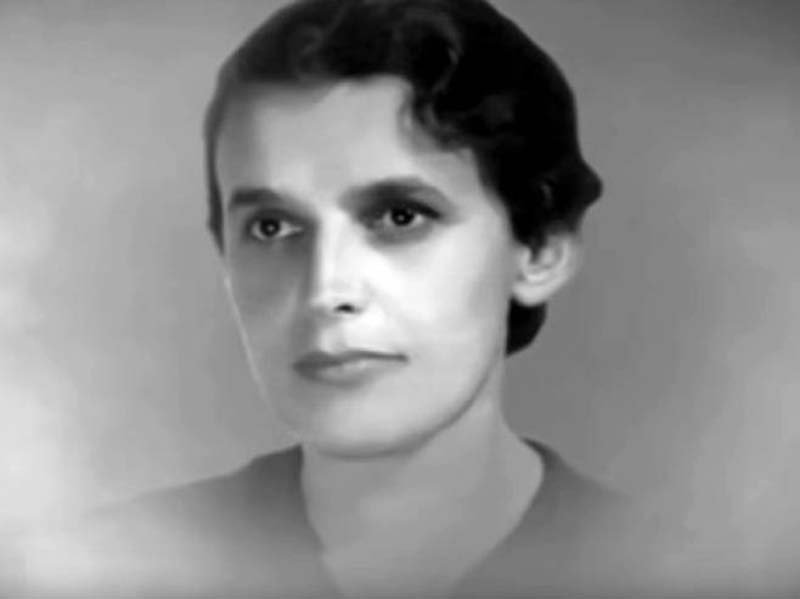
Although Diana’s extraordinary efforts went underappreciated for many years, her meticulously maintained diary and the extensive card index system she used to keep track of the rescued children stand as testaments to her dedication and organization. These invaluable records not only highlight her relentless pursuit to save lives but also ensure that the memories of those she helped are never forgotten. Her legacy underscores the indomitable human spirit’s capacity to bring light to the darkest times.
Raoul Wallenberg
Raoul Wallenberg, a Swedish diplomat stationed in Budapest during World War II, stands out as one of the conflict’s most valiant and innovative humanitarians. As the Nazis intensified their campaign to exterminate European Jews, Wallenberg devised a series of audacious strategies to save lives. Armed with the power of diplomacy, he issued “protective passports,” documents that declared bearers to be Swedish subjects, thus granting them a level of immunity from deportations.
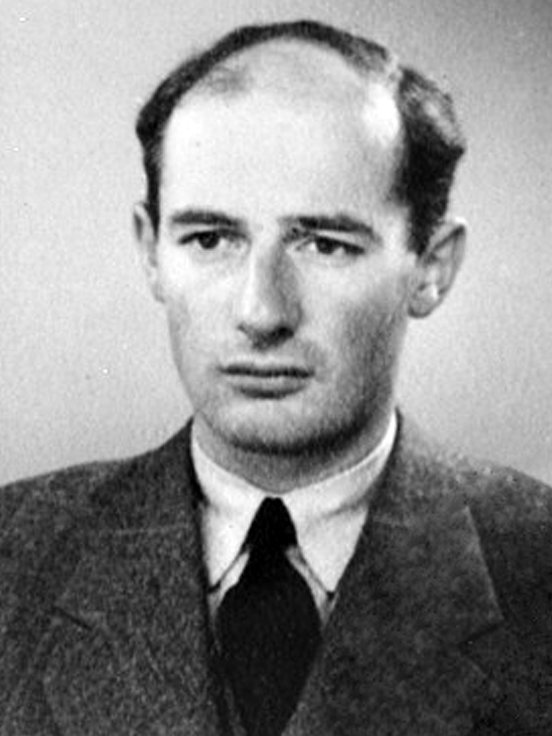
However, Wallenberg’s efforts went beyond mere paperwork. He secured buildings under Swedish diplomatic immunity, transforming them into safe havens for thousands of Jews. Additionally, he frequently intervened directly, confronting German and Hungarian officials, and at times, literally pulling people off trains bound for concentration camps. Despite the immense risks he faced, Wallenberg’s determination saved the lives of tens of thousands. Though his ultimate fate remains shrouded in mystery, his legacy as a beacon of hope in a time of unfathomable darkness endures.
Irena Sendlerowa
In the midst of World War II’s despair, Irena Sendlerowa, a Polish Catholic social worker, emerged as an emblem of hope and resilience in Nazi-occupied Warsaw. Witnessing the brutalities meted out to Jewish families, particularly within the confines of the Warsaw Ghetto, Irena felt compelled to act. Disguising her efforts as part of her sanctioned work, she embarked on a covert operation to rescue children from certain death.
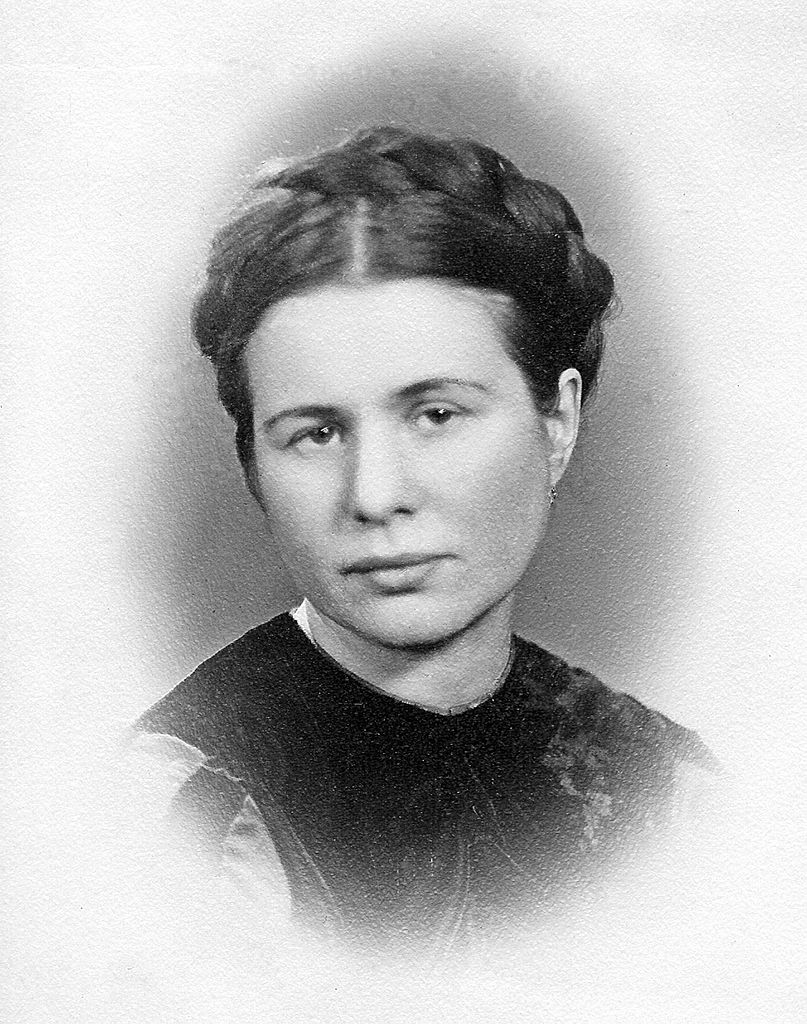
With the assistance of a small group of like-minded allies, Irena managed to smuggle out approximately 2,500 Jewish children, providing them with false documents and placing them with Polish families or in orphanages. Beyond merely saving their lives, she took meticulous notes in jars, burying them with the intent to reunite children with their families post-war. Despite her eventual capture and torture by the Gestapo, Irena’s spirit remained unbroken. Her legacy, cemented in the annals of history, serves as a poignant reminder of the profound difference one person’s bravery can make amidst overwhelming adversity.
Luminaries of Resistance
As the shadows of World War II stretched across continents, numerous unsung heroes rose to challenge the overwhelming darkness. Among them was Chiune Sugihara, the Japanese consul in Lithuania. Contrary to his government’s directives, Sugihara courageously issued visas to thousands of Jews, enabling their escape from the looming Holocaust in Europe.
In France, André and Magda Trocmé led the village of Le Chambon-sur-Lignon in providing refuge for thousands of Jews, particularly children, defying the Vichy regime and Nazi occupiers. Their collective resistance became an enduring symbol of community solidarity against oppression.
Another hero, Jan Karski, a Polish resistance fighter, undertook dangerous missions to inform the Western Allies about the ongoing extermination of Jews and sought, albeit unsuccessfully, to shake their conscience to act sooner.
While each of these individuals had distinct backgrounds and operated in different theaters of the war, they were united in their unwavering commitment to humanity and justice. Their deeds stand as a testament to the indomitable human spirit, which, even in the darkest times, can shine brightly.

